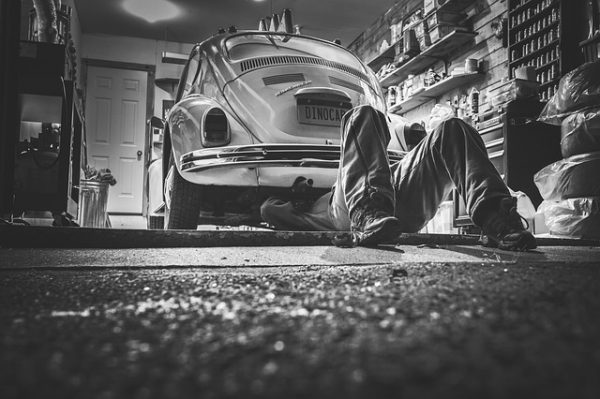
Having a car is both a privilege and a necessity in many areas of the country. It is also a pain. In addition to gas and repairs, you also need to maintain it—and avoid some of those repairs. With the wrong approach, maintaining your car can feel overwhelming, but with the right approach, it becomes just another part of life.
And the right approach is as simple as having a schedule. What does this schedule look like? Take a look below!
General Inspection: A general inspection checks over all the items that are most likely to cause problems. You can do this yourself or seek the help of a professional. Do this once a year or as often as your state mandates, whichever is most frequent.
Fluid Checks: Fluids need to be changed pretty frequently, which means you should get them checked more than the car itself. The best way to do this is learn how to check their levels and colors yourself and do so at least once a month.
Change Fluids: Fluids should be changed periodically to keep the engine clean and running well. You should be able to tell when fluids need to be changed based on their color. However, and general guideline is to change oil every 4,500 miles or so, transmission fluid 45,000 miles, and antifreeze every 30,000 miles.
Clean Car Battery: The contacts on your car battery can gather a lot of buildup, which can reduce its performance. You should check your battery every three months and clean it when you notice there is a lot of buildup on the contacts.
Replace Windshield Wipers: The life of your wipers depends on their quality and how much you use them. Some can last a year or more in the right conditions. Instead of replacing them on a strict schedule, use your wiper fluid every month to see if they are streaking. If they are, change them.
Change Cabin Air Filter: If you like breathing clean, comfortable air, you need to change the cabin air filter. This is an easy change to do yourself and should be done every 20,000 miles.
Check Engine Air Filter: Your engine needs good air too, which is why it has an air filter. The frequency it needs changed varies based on the type of driving you do, where you drive, and the distances you travel. Because of this, you should check it every three months and replace when there is significant buildup.
Rotate Tires, Get Them Balanced, and Check Alignment: This should be done every six months. Many car problems arise from things like poor alignment or unbalanced tires, so this is a routine that will save you lots of money.
Is this everything to do on your car?
No, but these are the major items you need to attend to on a regular basis. With this schedule, your car will have fewer problems and a longer life.

